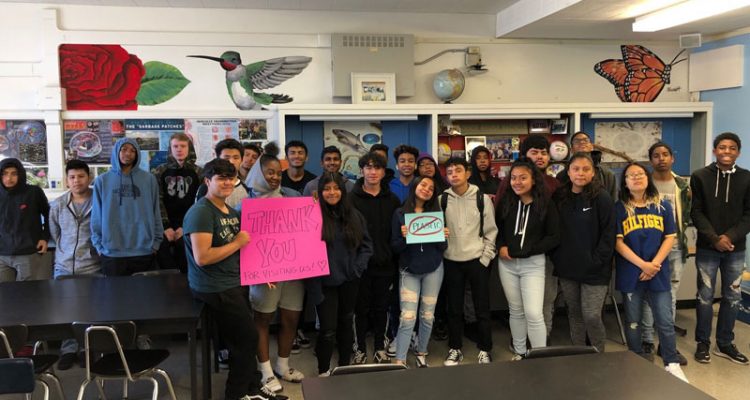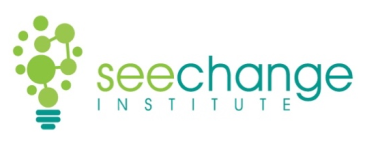Engaging Youth with Film to Make a Difference: STRAWS Case Study
Subtitle here

Background
STRAWS hired us to serve as third-party evaluator for their school screenings in Dallas, TX and Los Angeles, CA. They wanted to understand if and how STRAWS could be used as a tool to help students commit to reducing their plastic use. SCI demonstrated positive outcomes and identified key factors that led to successful screenings. These findings allowed STRAWS to secure funding for additional school screenings.
STRAWS is a documentary film that highlights the devastating amount of straws and other plastic in our oceans, providing an excellent foundation for conversations about the disastrous impact of plastic pollution. After a successful festival run and initial distribution, the filmmakers decided to focus on one of the most influential constituencies: students. They developed a school screening program and reached out to See Change to serve as their strategy advisor and external evaluator.
Our Role
We researched the social impact of the film on students’ attitudes and behaviors around single-use plastics to provide data to support funding efforts to expand screenings and scale positive social impacts. We evaluated a 9-screening tour in Dallas, Texas in Fall 2018 and a 60+ screening tour in Los Angeles, CA in Spring 2019. We designed a post-screening survey to measure the impact of the film on students’ knowledge and attitudes about single use plastics, as well as their intentions to engage in related environmental clubs/activities and reduce their own plastic use. We also sent a teacher survey at the end of the tour and worked with the STRAWS team to track outputs related to student participation and demographics.
Findings
Findings from surveying over 3,000 students indicate that students enjoyed the film and that the film increased knowledge and behavioral intentions related to single-use plastic.
- 91% of students have a better understanding of the problem of plastic pollution
- 89% of students are more aware of how their actions affect the natural environment
- Nearly 80% of the students committed to using alternatives to plastic whenever possible
We also explored the effects of different screening elements on program success. We found that having a speaker (vs. no speaker) increased behavioral outcomes, but that inviting the filmmaker to the screening did not lead to significantly better outcomes than a local speaker. We also found that where the film is screened matters; schools with low income students and high levels of racial diversity reported the most positive outcomes.
Opportunities & Future Directions
Implications of this work can not only benefit STRAWS, but also other similar issue-based documentary films. The evidence that the film impacted students and schools helped STRAWS secure funding for an additional round of screenings, while the findings about speakers and school selection are helping them ensure that future screenings are optimized for success.
Testimonials
SCI provided innovative ideas, an organic passion, a steady commitment, and helpful insights, all of which elevated the STRAWS campaign and helped make it a big success. Beth and Christina and the team at SCI are first rate and I would be delighted to work with them again.
Michael Kuehnert, Video Project
Resource Library
Share This Project
Intrigued? Let’s Chat!
